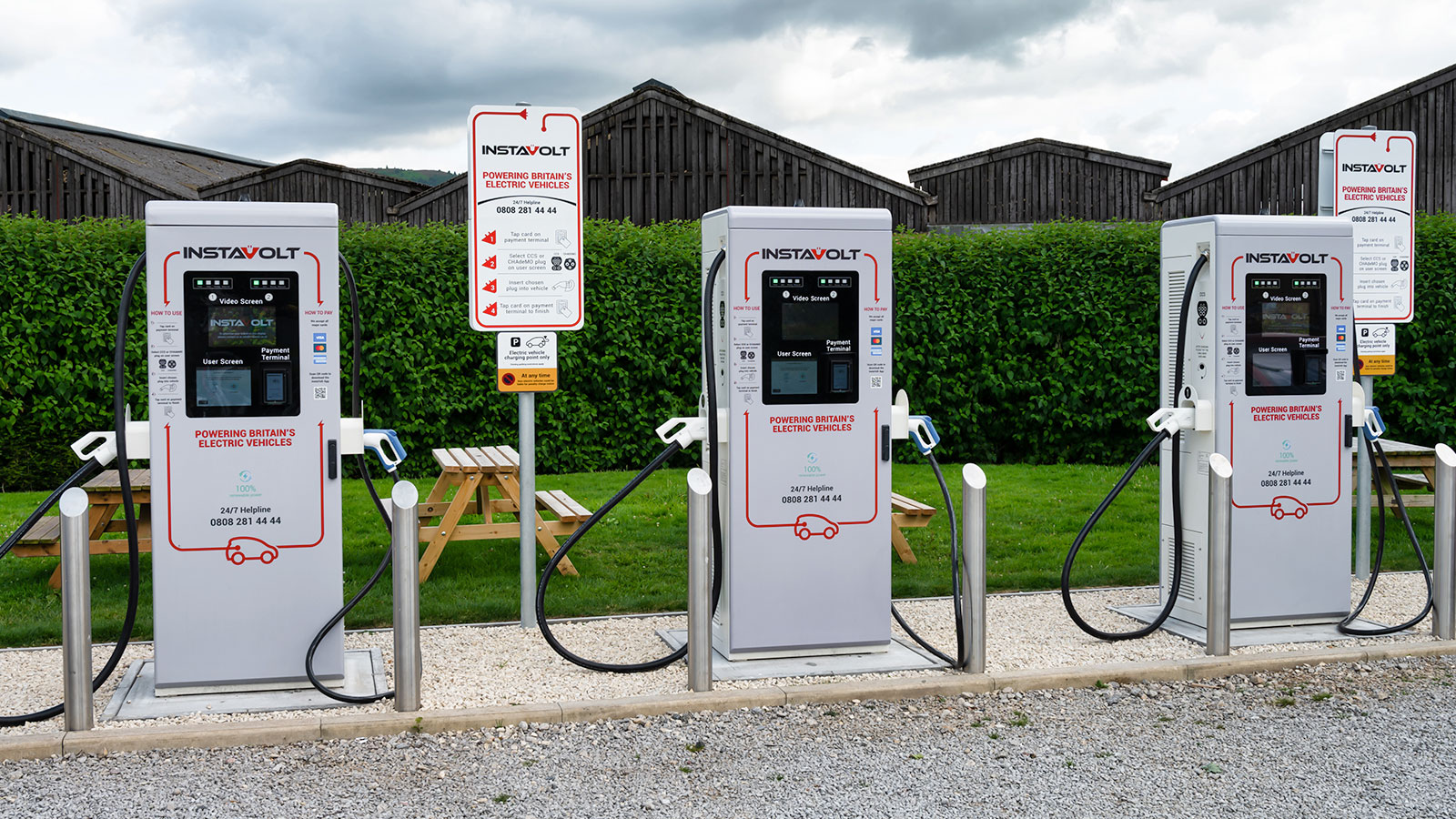The UK will need to more than double its current rate of electric vehicle charge point installations to meet the Government’s goal of 300,000 by 2030.
That’s according to a new report by Cornwall Insight, which noted that, as of March 2024, the UK has 75,074 publicly accessible charge points, which indicates a significant shortfall, with nearly 225,000 additional chargers required within the next six years.
From April 2023 to March 2024, only 16,061 new charge points were added — equating to just over 1,300 per month. At this rate, the UK would miss its target by nearly 120,000 charge points, potentially hindering the shift away from petrol and diesel vehicles. To align with the current Government’s 2030 goals, installation rates must increase to approximately 2,800 charge points per month.
The rollout has been affected by delays in Government initiatives like the Rapid Charging Fund, initially slated to start in 2022 but only launching in December 2023. This fund is aimed at developing an ultra-rapid charging network at critical locations such as motorway service stations and major roads.
Cornwall Insight’s Electric Vehicle Country Attractiveness (EVCA) Index, which evaluates the appeal of various European nations for EV investment, currently ranks the UK ninth, behind the likes of the Netherlands, Norway, and France.
Jamie Maule, Research Analyst at Cornwall Insight, stated, “The UK’s sluggish pace in rolling out EV charging infrastructure poses a significant threat to our transition away from petrol and diesel cars, and towards a greener and cleaner transportation system. To achieve our EV targets, it is essential that we see a major acceleration in charge-point installations. Without this increase, we risk undermining the progress towards decarbonising the UK’s roads and we could see a delay to broader environmental goals.”
Maule added, “Fear around a lack of charge-points is a major reason why many people hesitate to switch from traditional vehicles to EVs. This news could further discourage people from making the move.”
“Whatever the outcome of the general election, the next government must make the expansion of charging infrastructure central to its EV policy if genuine decarbonisation of our transport system is to be achieved. This includes ensuring that existing policy schemes – such as the Rapid Charging Fund – are implemented swiftly and efficiently and barriers in the planning and grid connections process are removed.”
With the UK general election now set for July 4, it’s possible that the targets could change – but with Labour ahead in the polls, it’s likely that the target isn’t going to be reduced anytime soon. Instead, the target will be even more important, with the party previously committing to bringing back the 2030 ZEV mandate.

